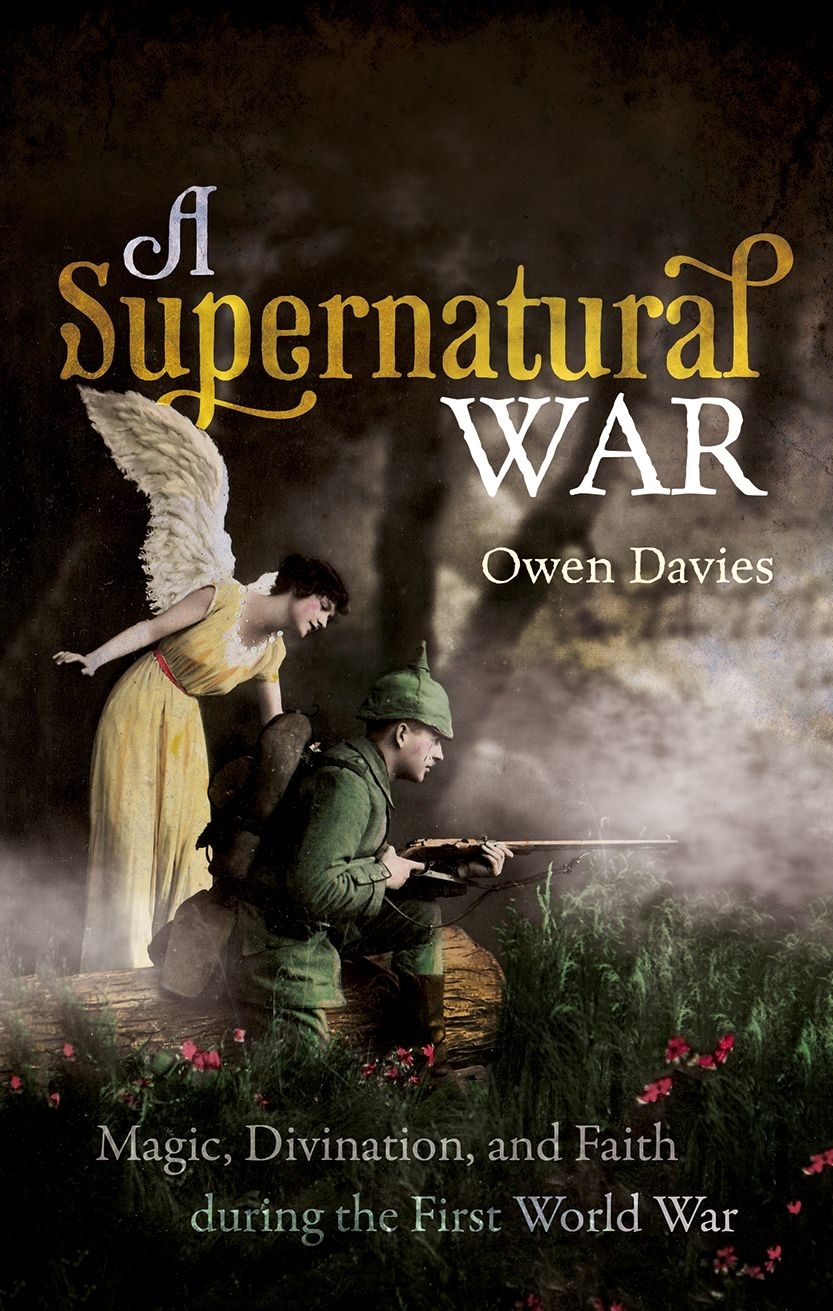
A Supernatural War PDF
Preview A Supernatural War
It was a commonly expressed view during the First World War that the conflict had seen a major revival of 'superstitious' beliefs and practices. Churches expressed concerns about the wearing of talismans and amulets, the international press paid considerable interest to the pronouncements of astrologers and prophets, and the authorities in several countries periodically clamped down on fortune tellers and mediums due to concerns over their effect on public morale. Out on the battlefields, soldiers of all nations sought to protect themselves through magical and religious rituals, and, on the home front, people sought out psychics and occult practitioners for news of the fate of their distant loved ones or communication with their spirits. Even away from concerns about the war, suspected witches continued to be abused and people continued to resort to magic and magical practitioners for personal protection, love, and success. Uncovering and examining beliefs, practices, and...
